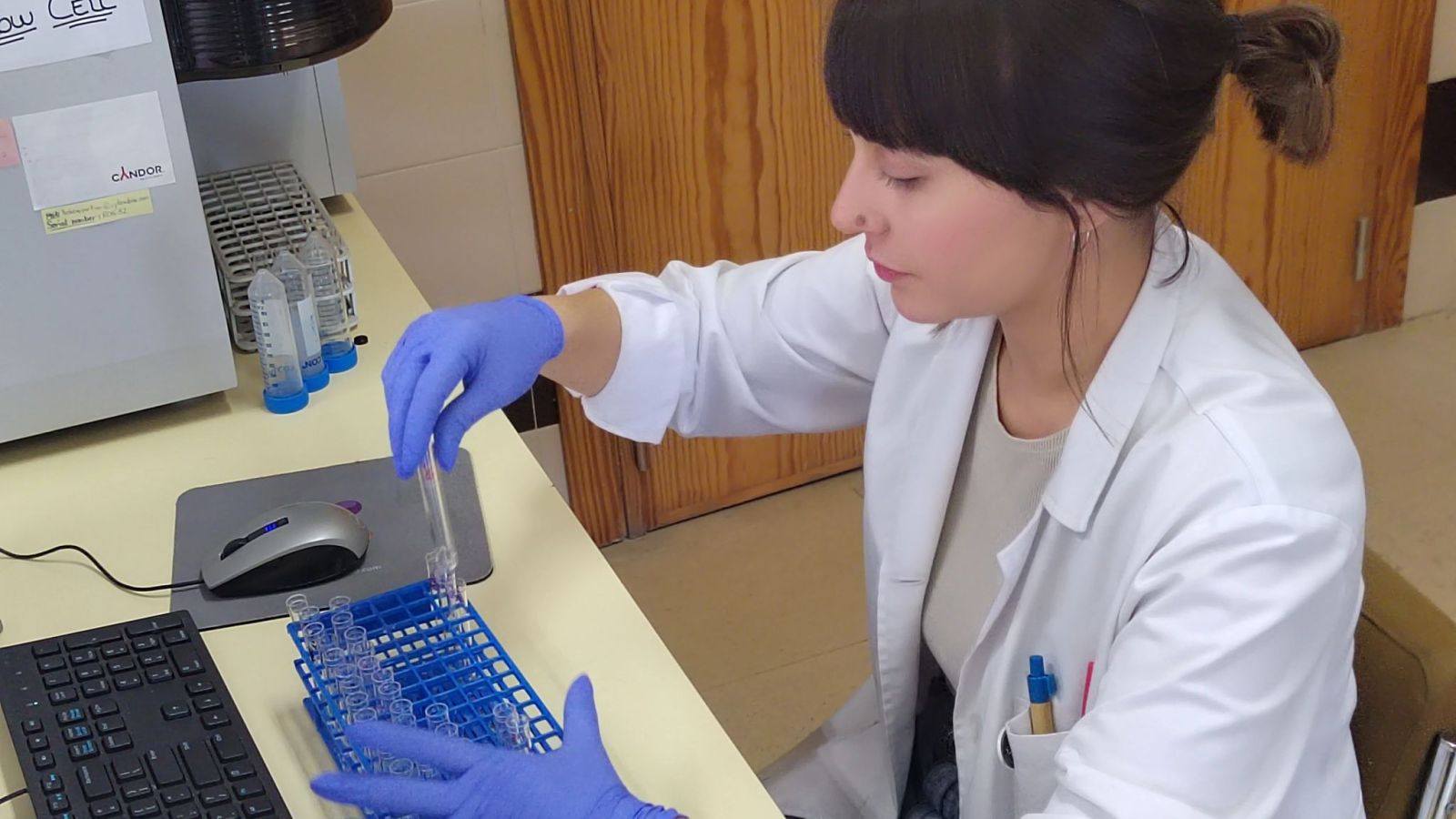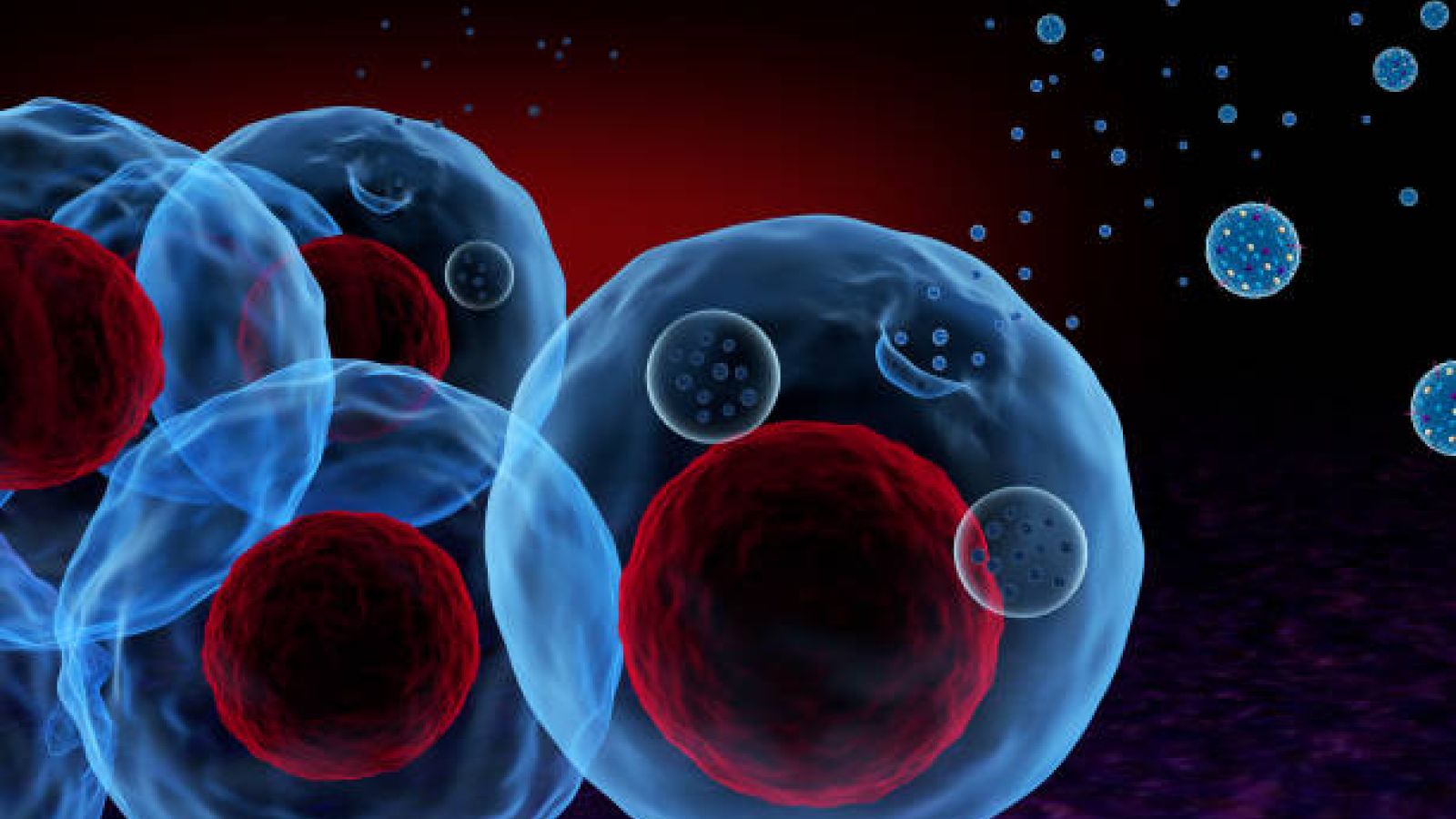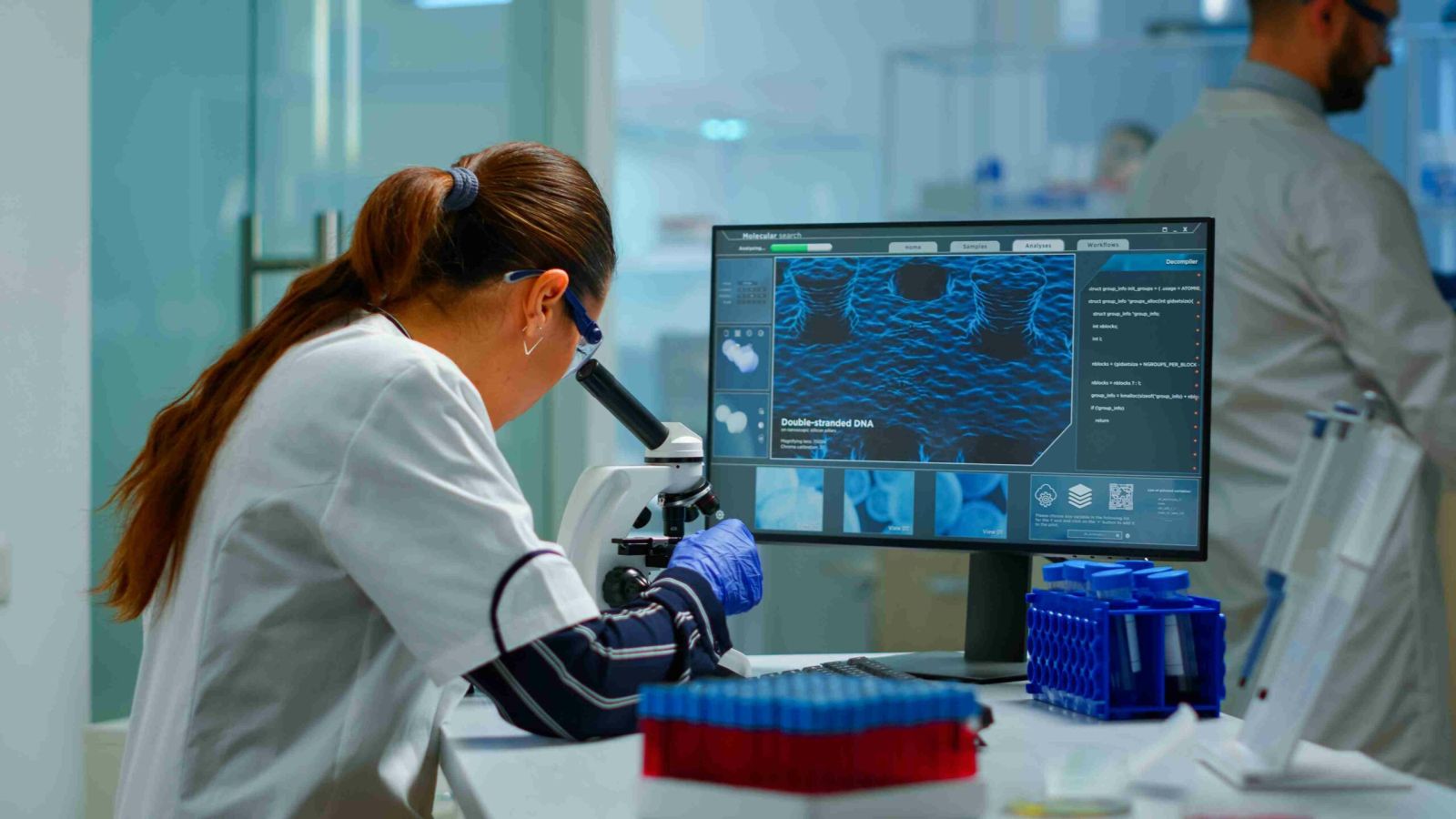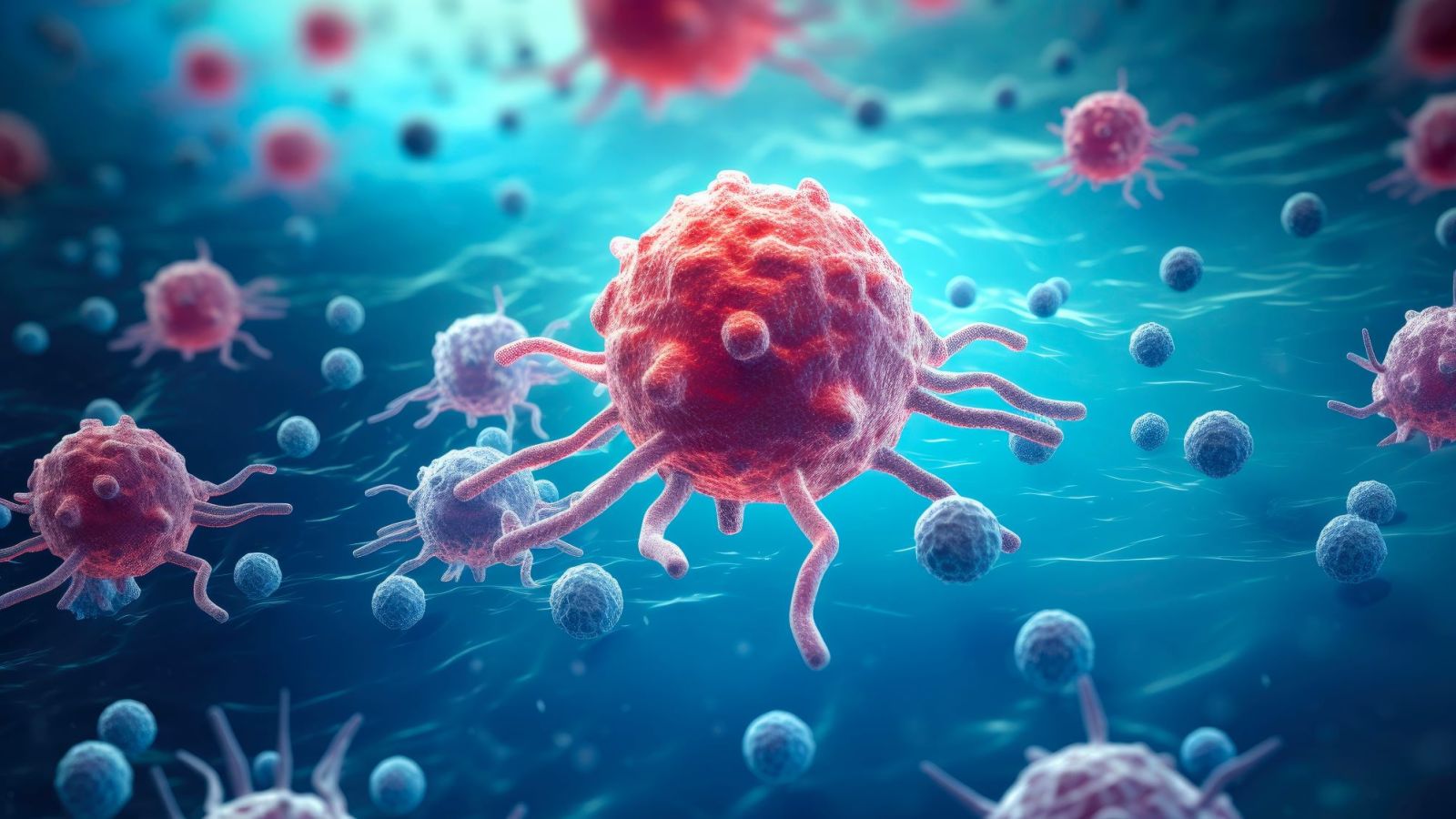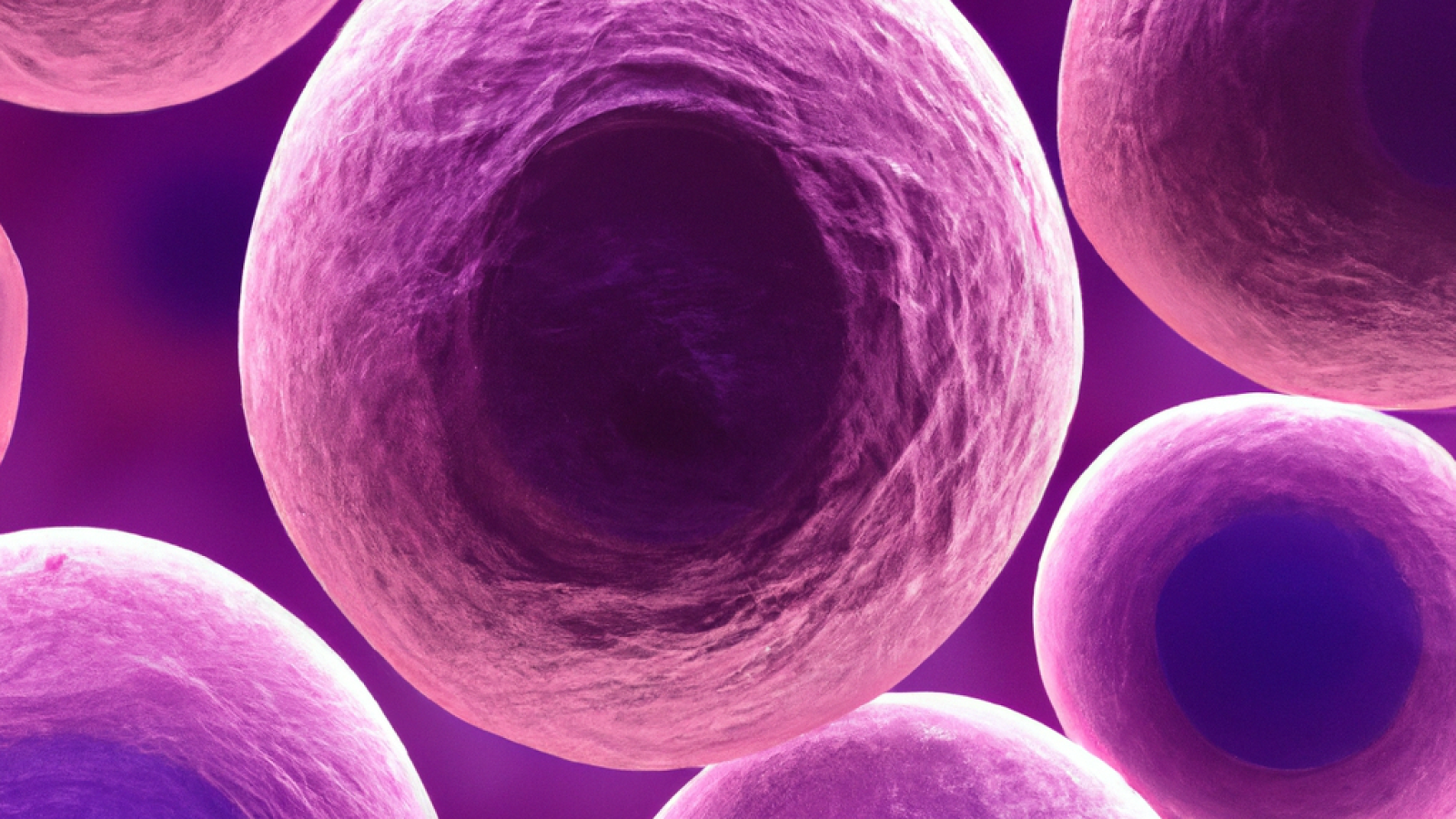In recent years, exosomes have shown enormous potential in therapeutic applications, such as targeted drug delivery and tissue regeneration. However, one of the biggest challenges for their large-scale...
Exosomes: The Key to Revolutionising the Treatment of Chronic Inflammation
Chronic inflammation is a biological process that plays a central role in a variety of diseases, from autoimmune disorders to cardiovascular pathologies. However, understanding its mechanisms remains...
The Critical Role of Freeze-Dried Exosome Reference Material in Research and Diagnostics
Exosomes have emerged as a promising field in biomedical research due to their ability to act as vehicles for intercellular communication. These tiny extracellular vesicles, which transport proteins,...
Exploring CAR T-Cell Derived Exosomes: A New Horizon in Cancer Immunotherapy?
In the first part of the blog, we explored the promising potential of CAR T cell- derived exosomes in cancer therapies, focusing on their unique ability to act as carriers of therapeutic agents. As...
Are CAR T-Cell Derived Exosomes the future of Cancer Therapies?
At Immunostep, we are committed to the treatment of cancer through cutting-edge immunotherapy technologies. One of the most promising advancements in this field is the development and application of...
Exosomes and their role in breast cancer: Exploring potential therapeutic applications
Breast cancer remains a significant global health concern, affecting millions of women worldwide. The development of innovative diagnostic and therapeutic strategies is crucial for improving patient...
The role of exosomes in cancer – Part 3
We closed our last blog article talking about phenotyping of exosomes and its importancy in the determination of cellular and subcellular origin, as this provides clues about the characterization of...
The role of exosomes in cancer – Part 2
Let’s continue where we left off in our last article. We were talking about exosomes in liquid biopsies, and its relation with cancer.
In oncology, one of the biggest challenges is to get an early diagnosis,...
The role of exosomes in cancer – Part 1
Over the next few weeks we will be discusing about an interesting topic. It is the relationship between exosomes and one of the most common diseases of our era, cancer. We will start by introducing...
What is the best exosome isolation method from serum or plasma sample for downstream RNA analysis?
RNA isolation is the process of extracting ribonucleic acid (RNA) molecules from a biological sample. RNA is a nucleic acid that plays a key role in many cellular processes, including the synthesis...
